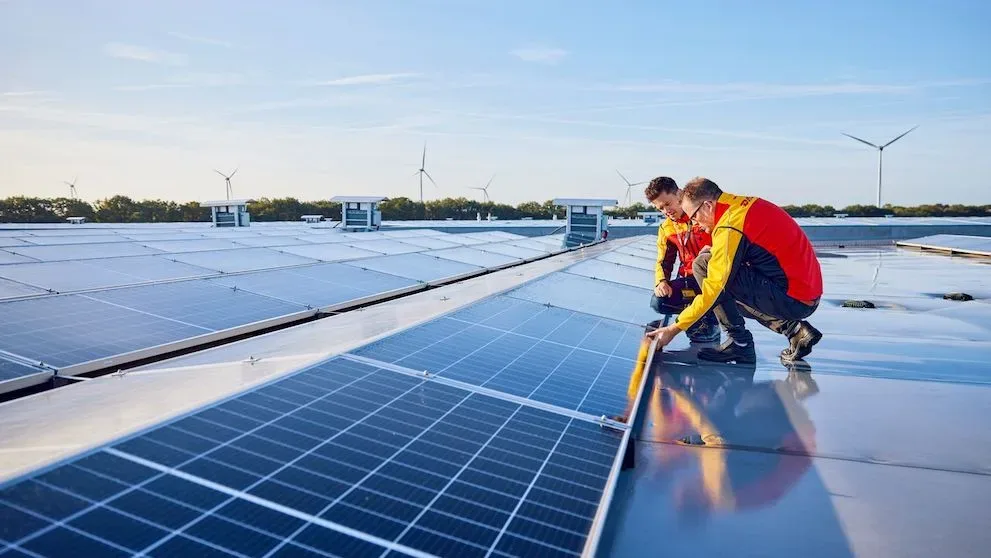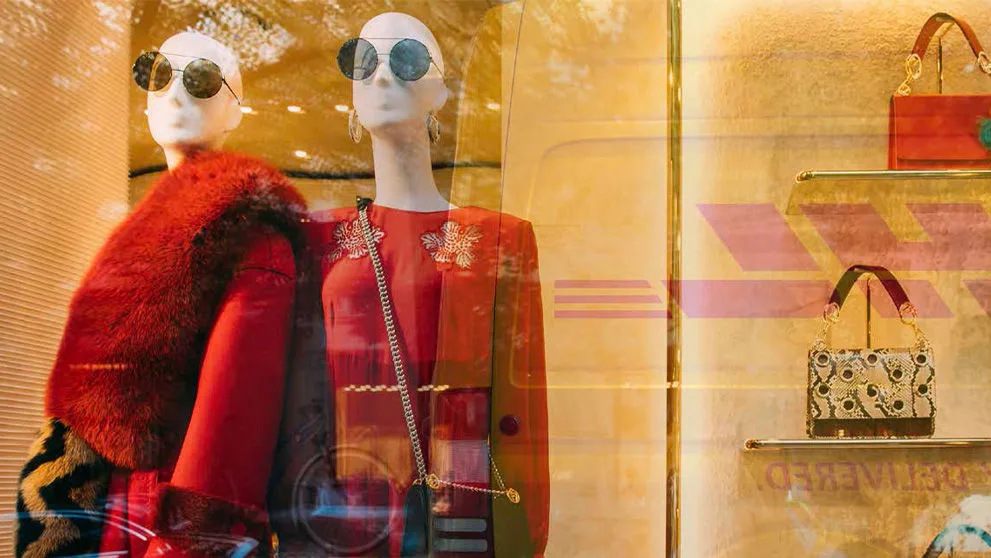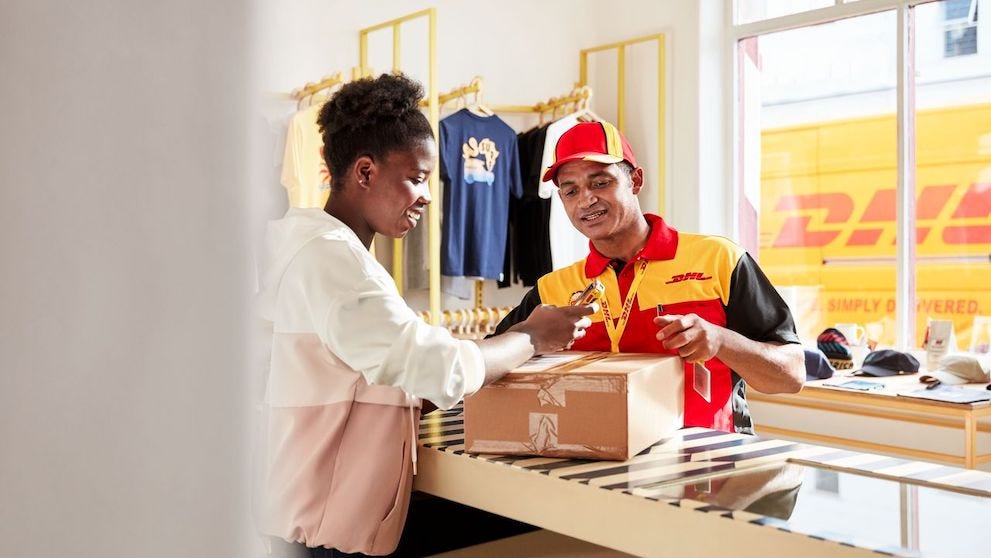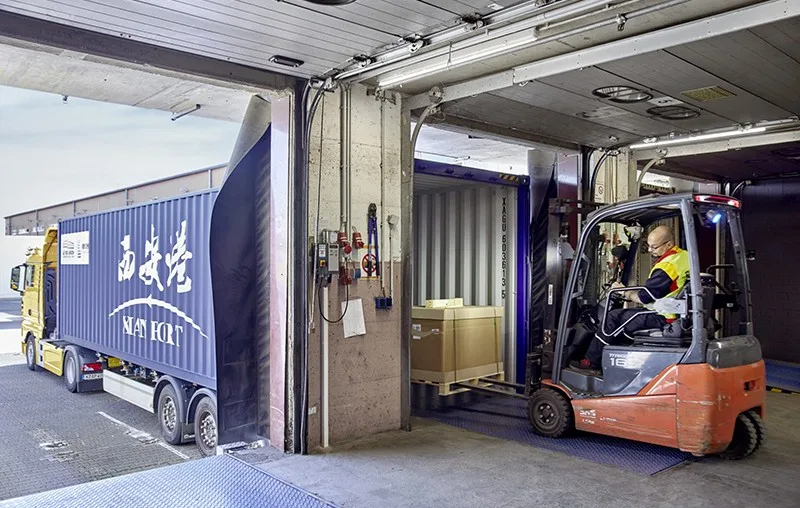
Following the climate strike at the UN Summit in 2019, the movement for sustainability has not just spread — it has stuck. Consumers are more environmentally conscious than ever, and businesses must adapt accordingly if they want to survive.
Over recent years, green consumerism has become one of the biggest trends in the global market. An increasing number of people are looking to adopt sustainable lifestyle habits, which includes investing their time and money into brands that engage in eco-friendly practices and environmentally-friendly products.
Some statistics from environmentally conscious consumers around the world on brand behaviours include:
89% believe that companies should do a lot more to reduce the impact of carbon
88% believe that sustainable practices should be treated as standard business practice
88% believe companies have a responsibility to care for the planet and its people
86% expect businesses to play a part in climate change and other social justice issues
How green consumerism affects e-commerce businesses
The COVID-19 pandemic brought about a boom in the global e-commerce scene, and with this rapid growth came an unprecedented surge in environmental impact by businesses. Consumers today thus tend to be more discerning when shopping for products online, and e-commerce businesses who do not adopt sustainable practices will be left behind despite continuing growth in the industry.
However, it’s not all gloomy for e-commerce businesses when it comes to green consumers and sustainable consumerism. 90% of consumers in Australia claim to be more likely to purchase a product if it is ethical and sustainable. Statistics from a survey of internet users in the US and UK also show that 60% of people are willing to pay a premium for eco-friendly products. E-commerce businesses can thus choose to leverage this demand trend to yield greater revenues, so long as they adequately meet the demands of green consumerism.
So, what is a green consumer looking for from e-commerce businesses?
In short, sustainable consumerism calls for businesses to adopt environmentally-friendly practices in four distinct areas: business philosophy, packaging, product manufacturing, and product delivery.
1. Philosophy
Green consumers are ultimately looking to purchase from companies with a brand purpose and business philosophy that is aligned with their personal ethics and values. This means sustainable business practices and processes, along with a tangible commitment to transparency and making a net-positive environmental impact.
E-commerce companies should thus explore and practise sustainable sourcing, clean energy use, carbon footprint reduction, and financial or collaborative contributions to the green movement in general. This will not only keep them in the game, but build brand loyalty, establish stronger reputation, and – ultimately – yield greater bottom-line results.
In fact, when a business adheres to the above, a global study shows that consumers are:
4 times more likely to purchase from them than their competitors
4.1 times more likely to trust the company in good faith
4.5 times more likely to champion the company and recommend it to friends and family
2. Packaging
The packaging is the first point of direct contact consumers have with your company’s product. With traditional plastic being frowned upon, e-commerce businesses should invest into green alternatives, and look to more sustainable forms of packaging such as:
Compostable packaging
Recycled packaging
Corrugated packaging
Glassine packaging
Cellulose packaging
Cornstarch packaging
Mushroom packaging
Kraft paper packaging
Green cell foam
3. Product
E-commerce companies should weave sustainability concerns into product design and manufacturing. This means:
Choosing eco-friendly or low-impact responsibly-sourced materials
Improving manufacturing processes for sustainability
Green energy use
Commitment towards zero waste
Designing products for as much longevity as allowed for, over limited short-term use
4. Delivery
By the year 2030, carbon emissions from urban last-mile deliveries alone are expected to cause total emission levels to rise by 30% — a staggering figure considering this is to do with the final leg of the journey where consumers receive their products.
Eco-friendly products made through sustainable manufacturing practices and packed with environmentally-friendly packaging is not good enough. E-commerce businesses must also look to utilise green logistics for shipping and delivery if they are to be successful amidst the green consumerism movement.
At DHL Express, we recognise this need, and have come up with a solution as to how e-commerce companies can drastically reduce their carbon footprint, while still making swift deliveries and efficient order fulfilment. This involves:
Eliminating emissions from transport and logistics with clean fuel and technology
Compensating for emissions that cannot be eliminated through carbon offsetting
Optimising efficiency of fleets, buildings, and networks to significantly reduce emissions
In-depth analysis of thorough carbon reports to provide for insights into further actions possible
Go green with DHL Express
DHL Express is the pioneer of green logistics, and the leading supplier of innovative solutions for sustainable supply chain systems.
Partner with DHL Express for green logistics today, and ride the wave of green consumerism as we work towards a zero-emission target together. Create a DHL Express account now.























